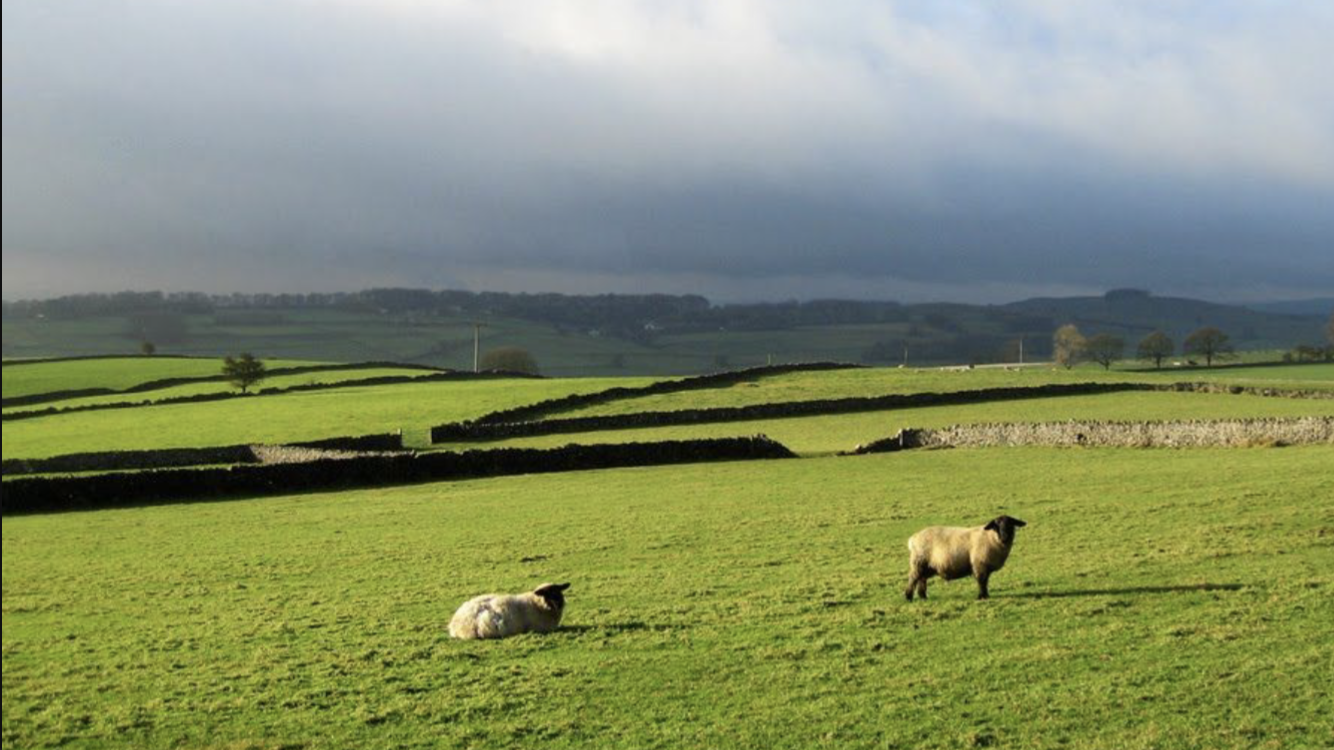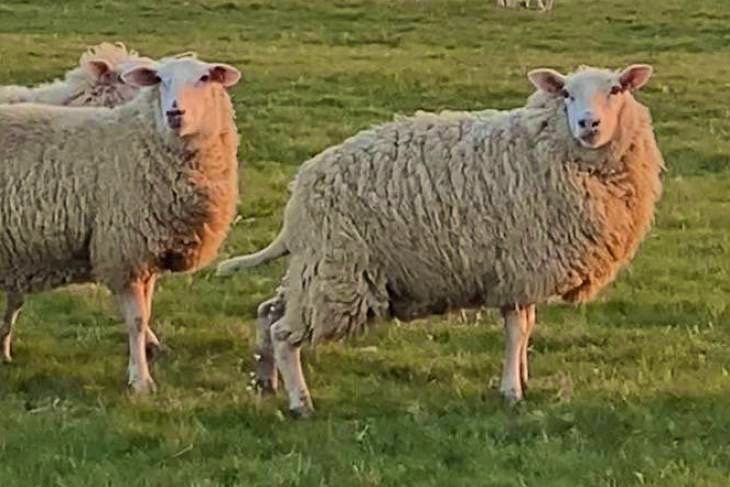Address
Chapel en le Frith, High Peak, Derbyshire
Work Hours
Monday to Friday: 9AM - 7PM
Weekend: 10AM - 5PM


Best Breeds for Dairy Sheep Farming in England, UK
Part 1
Selecting the right breed of dairy sheep is fundamental to the success of your farm. Each breed offers unique advantages in terms of milk production, temperament, and adaptability to England’s climate. Understanding their characteristics will help you choose a breed that aligns with your goals and farm conditions.
The British Milksheep is a popular choice for dairy farming in the UK, renowned for its exceptional milk production and adaptability to English weather. With a lactation period of 200 to 300 days, this breed can produce between 300 and 600 liters of milk per cycle. In addition to their dairy qualities, British Milksheep are also valued for their fast-growing lambs, which make them an excellent dual-purpose breed. They produce medium-quality wool, which can be used for a variety of purposes, adding further value to their versatility.
The East Friesian is widely regarded as one of the world’s most productive dairy sheep breeds. These sheep thrive in England’s temperate climate and can produce an impressive 400 to 900 liters of milk per lactation, lasting 7 to 10 months. While their primary purpose is dairy, East Friesians also offer light fleece and lambs of moderate growth quality. However, they require careful management and thrive best in well-maintained environments, making them ideal for farmers prepared to invest in high standards of care.
For those seeking a hardy and adaptable breed, the Awassi sheep is a strong contender. Originating from the Middle East, the Awassi has a lactation period of 150 to 210 days and produces between 250 and 500 liters of milk per cycle. These sheep are particularly suited to marginal grazing conditions, making them an excellent option for less fertile land. Beyond their dairy use, Awassi sheep are prized for their flavorful meat, while their coarse wool is often used for rugs and carpets.
Closer to home, the Clun Forest is a traditional British breed that has gained popularity among small-scale and mixed farming systems. With moderate milk yields of 150 to 300 liters per lactation, lasting around 5 to 6 months, this breed is ideal for those looking to balance dairy production with other farming activities. Clun Forest sheep are also known for their excellent carcass quality and medium-grade wool, making them a versatile addition to any farm.
Finally, the Lacaune sheep, famous for producing the milk used in Roquefort cheese, offers high milk yields of 350 to 650 liters per lactation over 7 to 9 months. This breed is known for its rich milk with a high solids content, ideal for cheesemaking. Lacaune lambs grow quickly and provide excellent meat quality, while their light fleece is suited for industrial purposes.
When choosing a breed, it’s essential to consider your farm’s specific conditions and goals. For high milk production, East Friesians and British Milksheep are excellent choices, while Clun Forest and Awassi sheep offer greater versatility for dual-purpose farming. If you’re considering processing milk into cheese or yogurt, breeds like the Lacaune with high-fat and protein-rich milk may be particularly advantageous.
Each breed comes with its own set of strengths, and selecting the right one will depend on your priorities, whether they lie in milk production, meat, wool, or adaptability. By choosing a breed that suits your land, resources, and market demands, you’ll lay the foundation for a thriving dairy sheep farming operation.
Coming Next:
Part 2: Farm Setup – Land Requirements, Housing, and Equipment. https://derbyshirefarmers.com/dairy-sheep-farm-setup/